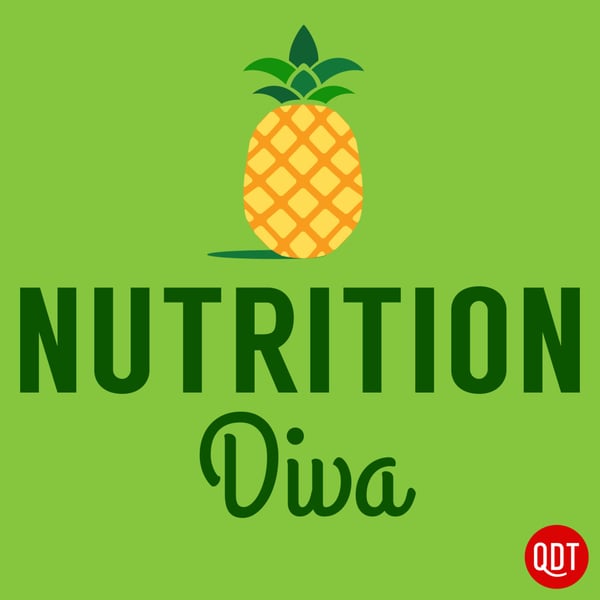Does milk cause early puberty in kids?
Nutrition Diva
Macmillan Holdings, LLC
4.3 • 1.7K Ratings
🗓️ 4 October 2023
⏱️ 10 minutes
🧾️ Download transcript
Summary
Transcript
Click on a timestamp to play from that location
| 0:00.0 | Hello and welcome to the Nutrition Devapodcast. A show where we take a balanced look at the evidence |
| 0:10.2 | surrounding common dietary dilemmas so that you can make informed choices about your own diet. |
| 0:16.1 | I'm your host Monica Reinagle and today's topic was suggested by Sophie, who wrote, |
| 0:21.2 | What about the hormones in milk? My toddlers drink milk every day, but my friend said |
| 0:27.0 | that hormones in milk promote growth in height and potentially of tumors also. Plus, |
| 0:32.3 | they are hormonally active, bringing kids into puberty earlier. Is this true? Is organic any |
| 0:38.6 | different? What are the alternatives? Well, Sophie, it is true that cow's milk, as well as milk |
| 0:44.0 | from other mammals like sheep or goats or even humans, contains various naturally occurring hormones. |
| 0:52.0 | And in the case of cow's milk, that includes one called bovine somatotropin. |
| 0:56.7 | Dairy cows are sometimes also given a synthetic version of this hormone, RBST, to boost their milk |
| 1:03.0 | production. Organic dairy operations do not use RBST, but because all cows produce bovine somatotropin |
| 1:11.5 | naturally, organic milk also contains this hormone. In fact, hormone levels are not significantly |
| 1:17.7 | higher in milk from RBST treated cows than from non-treated cows. And what's more, |
| 1:23.5 | this hormone is not biologically active in humans. So even if it were absorbed from drinking milk, |
| 1:30.3 | it wouldn't be expected to have any effect on human health. Another concern has to do with the |
| 1:36.6 | presence of a different hormone in milk, one called IGF-1 that stands for insulin-like growth |
| 1:43.2 | factor one. Our bodies produce IGF-1, especially when we're kids, because it's critical to proper |
| 1:50.6 | growth. Then when we reach adulthood and we stop growing, while we stop growing taller anyway, |
| 1:56.8 | levels of IGF-1 tend to decline, but not to zero. This hormone continues to play an important |
| 2:02.9 | role throughout our life, helping to preserve bone and muscle tissue, for example. |
| 2:08.2 | Now, growth, of course, is a double-edged sword. We want to promote the growth of bones and |
| 2:14.4 | muscles, but we certainly don't want to promote the growth of cancer cells or tumors. There is |
... |
Please login to see the full transcript.
Disclaimer: The podcast and artwork embedded on this page are from Macmillan Holdings, LLC, and are the property of its owner and not affiliated with or endorsed by Tapesearch.
Generated transcripts are the property of Macmillan Holdings, LLC and are distributed freely under the Fair Use doctrine. Transcripts generated by Tapesearch are not guaranteed to be accurate.
Copyright © Tapesearch 2025.

